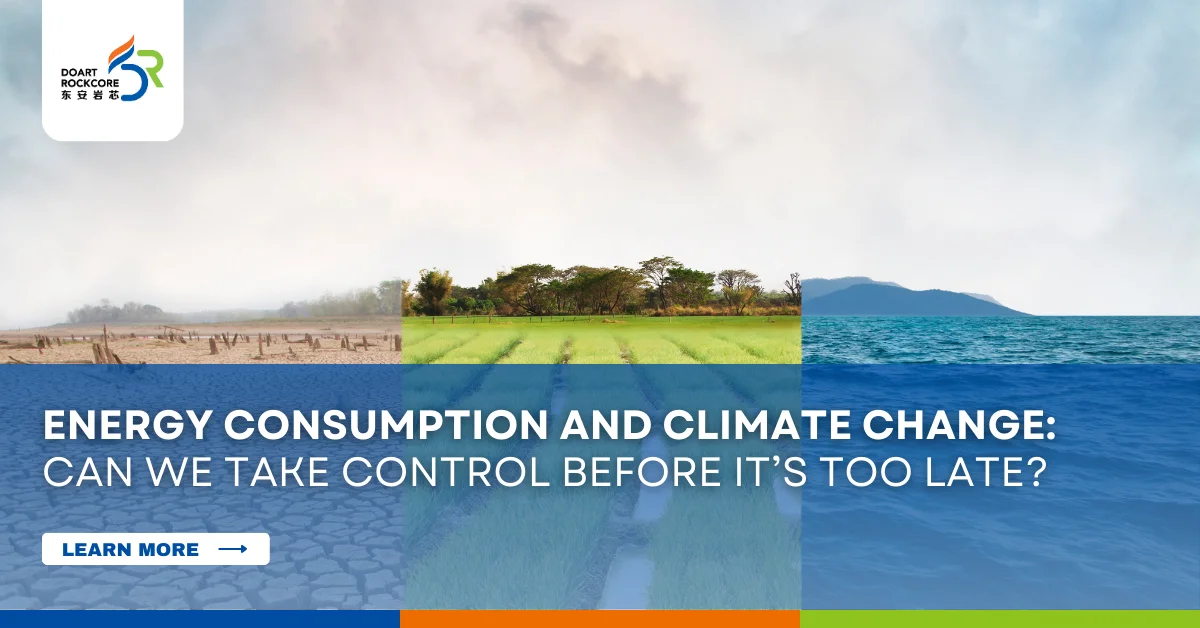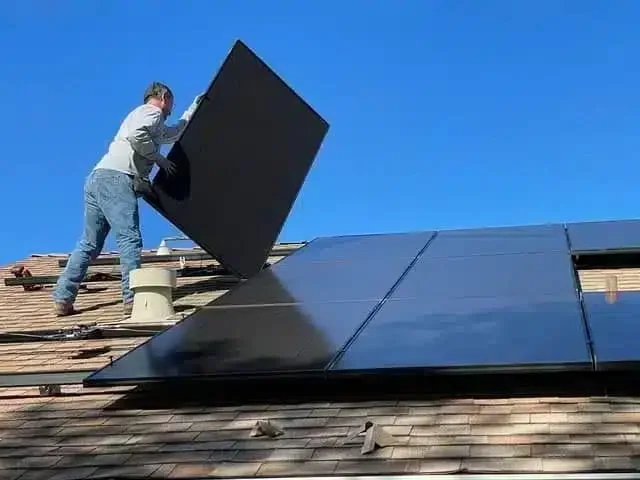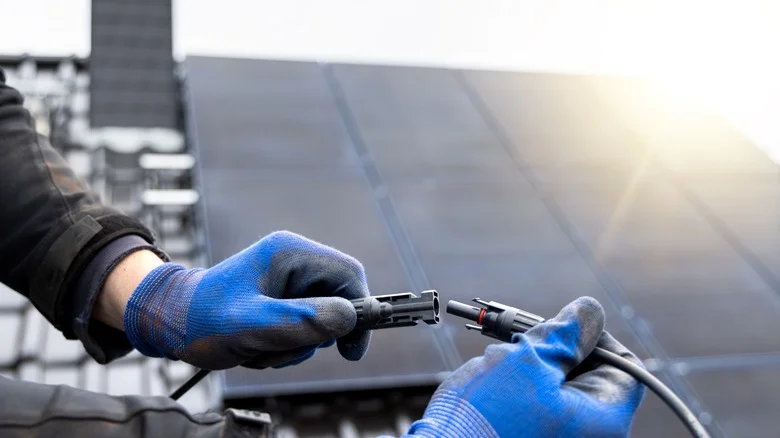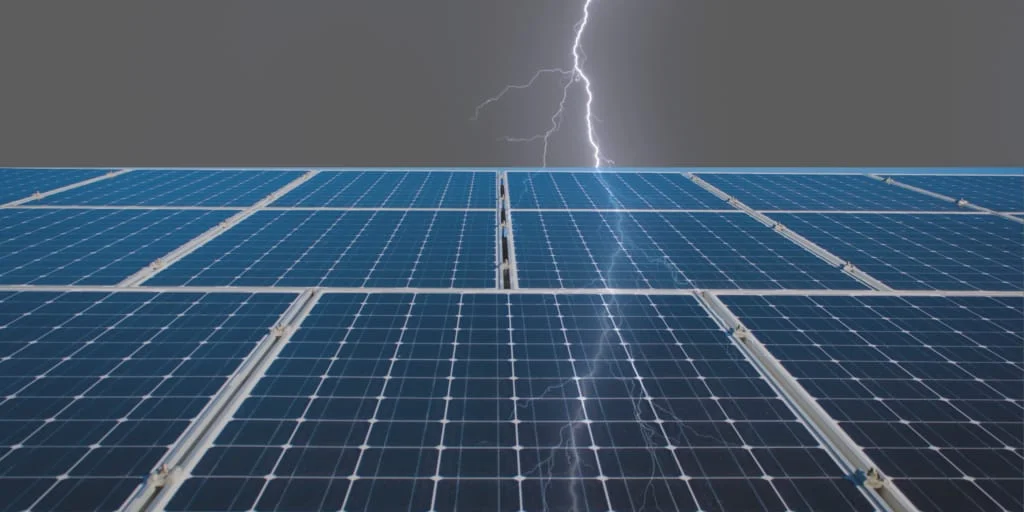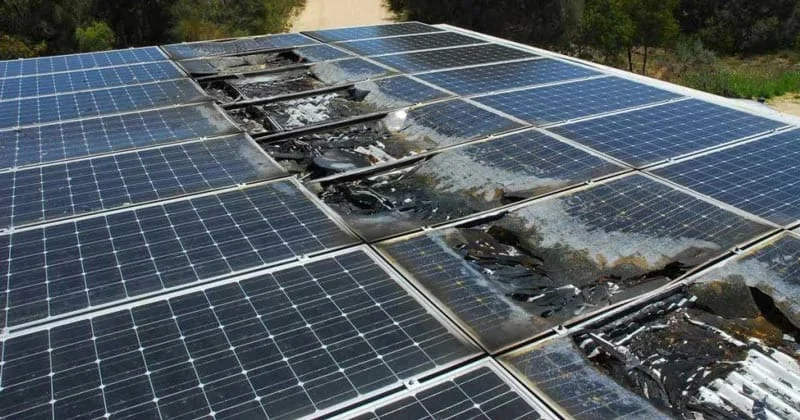Energy production is our necessity, considering our daily routines are dependent on it. Whether it is a residential or a commercial property, it can’t run without electricity. However, energy production also negatively affects our environment. The reason is that energy production comes from sources that emit greenhouse gases, leading to rapid climate change. Therefore, it is important to understand the relation between energy consumption and climate change.
In this article, we will get into the details of how energy consumption influences climate change and what we can do to contribute in a positive way.
The relation between energy consumption and environment
The major source of energy in Pakistan and even globally are fossil fuels. The burning of fossil fuels such as coal or oil releases a vast amount of gases, toxins, heavy metals, and particulate matter, which adds to the pollution and is a major reason behind rapid climate change. For example, if we talk about gases, carbon dioxide (CO2) can trap heat and lead to global warming, and sulfur dioxide (SO2) can lead to acid rain. Each toxin or gas released by the burning of fossil fuels has byproducts that impact our environment negatively.
Our energy consumption level directly affects climate change. The more we consume energy, the need for it will increase, which ultimately means the burning of fossil fuels will increase. However, climate change also directly affects our energy consumption levels; for example, global warming means the need for more cooling in residential and commercial properties. It means more energy will be consumed, more burning of fossil fuels, and the cycle will continue.
Is there a particular energy production type that is harmful to the environment?
Unfortunately, currently we are reliant on fossil fuels for major energy production, which means all sorts of energy production are harmful for the environment. The bad news here is that it leads to different types of pollution, including air, water, and land. The harmful releases not only pollute the air but also worsen the water quality and add to land pollution.
For example, if we talk about air quality, the release of SO2 can cause respiratory issues, and the particulate matter (PM) released can cause smog, which ultimately leads to issues like asthma and bronchitis. If we talk about water quality, the burning of fossil fuels also releases heavy metals such as mercury into the waterways, which negatively impact marine life as well as our health.
Is there any way to control our negative impact on the environment?
Considering higher energy consumption, higher will be the negative impact on the environment. One solution to control it can be to reduce our energy consumption. However, this is not feasible; therefore, the alternate and better option is to reduce our reliance on fossil fuels and switch to renewable energy sources for energy production.
1. Switch to green energy sources
The first step to bring about a change is to change the source; instead of fossil fuels, choose green sources like solar energy to produce electricity. If we all start switching our residential, commercial, and residential properties, we can drastically reduce the toxic releases in the environment. It goes especially for large commercial or industrial properties because factories are known to be one of the largest contributors to all types of pollution. If factories are switched to solar energy, it will make a major difference not only for the environment but also for your electricity bill expenses. Besides solar energy, other green energy sources are hydropower, wind turbines, and geothermal. All these sustainable energy sources are a better alternative to relying on fossil fuels.
2. Control your energy consumption
It is essential to be mindful of energy consumption. Avoid the unnecessary use of air conditioners and turn off lights and fans when no one is in the room. You also need to check if your appliances are working efficiently, because inefficient appliances like air conditioners draw excessive electricity. It is also recommended to invest in energy-efficient and smart appliances, as this step can make a major difference in your energy consumption levels. Get a professional assessment of your property’s energy consumption and replace old and inefficient appliances. Some lifestyle updates can also help you in this regard, such as performing timely maintenance of your heating and cooling systems, switching to LED lights, and closing your blinds at night to keep your house warm. These sorts of small steps can make a huge difference collectively.
Summing it up
Energy consumption directly affects our environment and is a big contributor to climate change. From air pollution to land pollution, it can have several sorts of negative impacts on the environment. However, by taking a few steps and switching to renewable energy like solar energy, we can work towards a sustainable future. A huge shift to green energy will be a rapid reduction in pollution and can contribute to prevent this rapid climate change. The time to act is now—taking control of our energy consumption can help slow the progression of climate change and create a sustainable future for generations to come.

